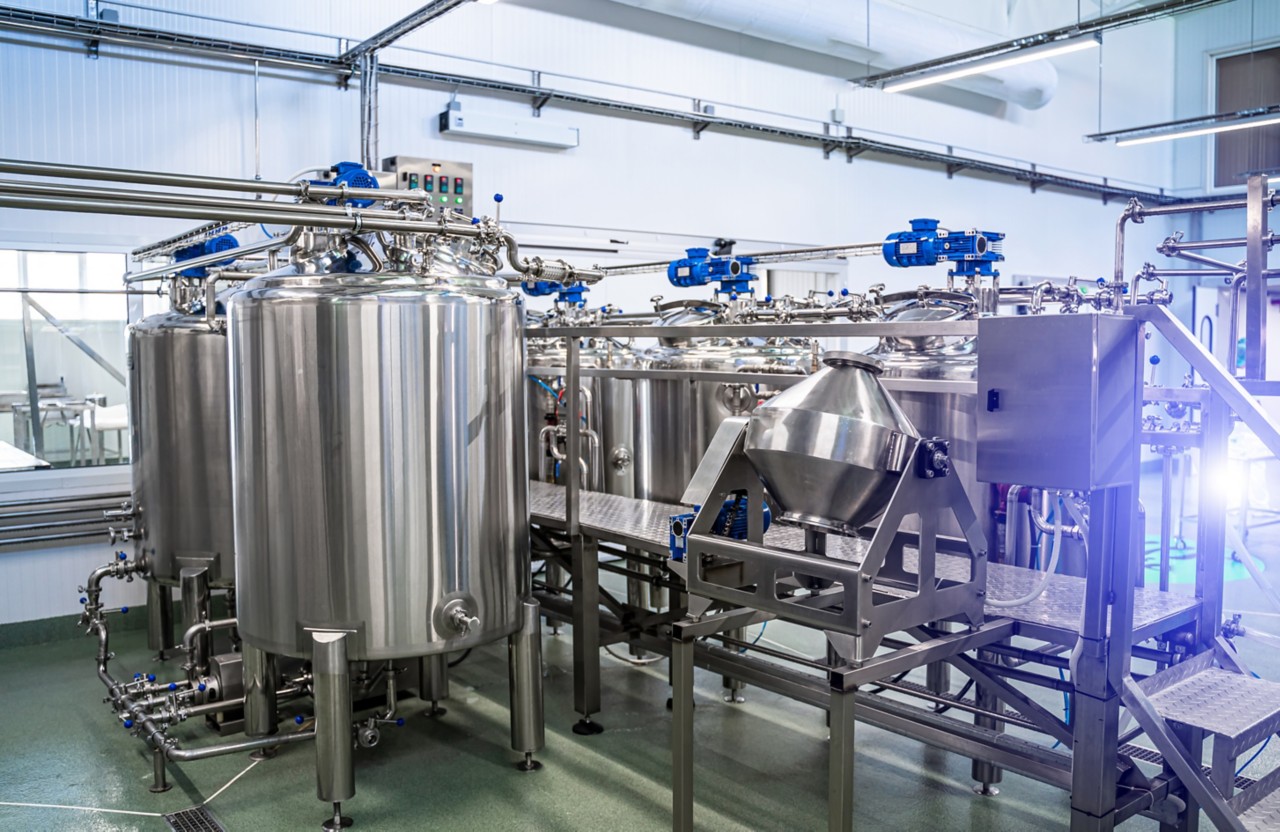Industrial filtration solutions are systems and technologies designed to remove contaminants, particles, and impurities from air, water, and other fluids within industrial processes. These solutions are crucial for maintaining clean and safe environments, protecting equipment, and ensuring product quality across various industries, including manufacturing, pharmaceuticals, food processing, and chemicals. Filtration systems can range from simple mechanical filters to complex multi-stage systems incorporating advanced materials and smart technologies.
Table of Contents
ToggleIndustrial Filtration Solutions Components
The primary components of industrial filtration systems include filter media, housings, and ancillary equipment such as pumps, valves, and monitoring devices. Filter media, which can be made from various materials like polyester, polypropylene, cellulose, and advanced composites, is the heart of the system, capturing and retaining contaminants. The housing provides structural support and facilitates the flow of fluids through the media, while ancillary equipment ensures the proper operation and monitoring of the system.

Benefits Brought by Industrial Filtration Solutions
Industrial filtration solutions offer numerous benefits that enhance operational efficiency, environmental compliance, and workplace safety. Some of the main benefits include:
Enhanced Product Quality: Filtration systems remove contaminants and impurities, ensuring that final products adhere to stringent quality standards.
Improved Equipment Longevity: Filtration solutions protect industrial equipment from wear and tear caused by particulate matter and other contaminants. This leads to reduced maintenance costs, fewer breakdowns, and longer equipment life.
Regulatory Compliance: Stricter environmental and safety regulations require industries to control emissions and discharge contaminants effectively. Filtration systems help companies meet these regulatory requirements, avoiding fines and legal issues.
Energy Efficiency: Advanced filtration technologies can improve the energy efficiency of industrial processes by reducing pressure drops and optimizing fluid flow.
Workplace Safety: By removing harmful particles and pollutants from the air and fluids, filtration solutions contribute to a safer working environment, reducing the risk of health issues for employees.
Environmental Protection: Efficient filtration minimizes the release of pollutants into the environment, supporting sustainability initiatives and decreasing the ecological impact of industrial activities.
How Industrial Filtration Solutions are Implemented
The implementation of industrial filtration solutions involves several steps, each tailored to the specific needs of the industry and the contaminants to be filtered. The process typically includes the following phases:
Assessment and Analysis: The first step is to assess the specific filtration needs of the industrial process. This involves analyzing the type and concentration of contaminants, the properties of the fluid to be filtered, and the required filtration efficiency. Detailed site assessments and laboratory analyses help in selecting the appropriate filtration technology and media.
System Design: Based on the assessment, a customized filtration system is designed. This includes selecting the appropriate filter media, determining the optimal air-to-cloth ratio or fluid flow rate, and designing the housing and ancillary equipment. The design process also takes into account factors such as space limitations, integration with existing systems, and adherence to industry standards.
Installation and Integration: Once the system design is finalized, the filtration solution is installed and integrated into the industrial process. This involves setting up the filter housings, connecting ancillary equipment, and integrating control and monitoring systems. Proper installation ensures that the filtration system operates efficiently and reliably.
Monitoring and Maintenance: Ongoing monitoring of the filtration system is vital for maintaining optimal performance.Smart filtration systems equipped with sensors and IoT connectivity allow for real-time monitoring of parameters such as pressure, flow rate, and particulate levels.
Optimization and Upgrades: Over time, industrial processes and regulatory requirements may change, necessitating adjustments to the filtration system. Periodic reviews and optimizations help in adapting the system to evolving needs. Upgrades to advanced filtration media or the integration of new technologies can further enhance performance and efficiency.
Conclusion
As we move into 2024, the industrial filtration landscape is rapidly evolving, propelled by technological advancements, sustainability goals, and regulatory requirements. The trends in industrial filtration solutions highlight the direction in which the industry is heading, with a focus on advanced filtration media, smart systems, sustainability, customization, air quality control, automation, and regulatory compliance.
These advancements are set to revolutionize the way industries approach filtration, providing more efficient, reliable, and eco-friendly solutions. By staying abreast of these developments, companies can ensure they are equipped with the best filtration technologies to meet their operational needs and regulatory obligations, ultimately enhancing their productivity and sustainability.
